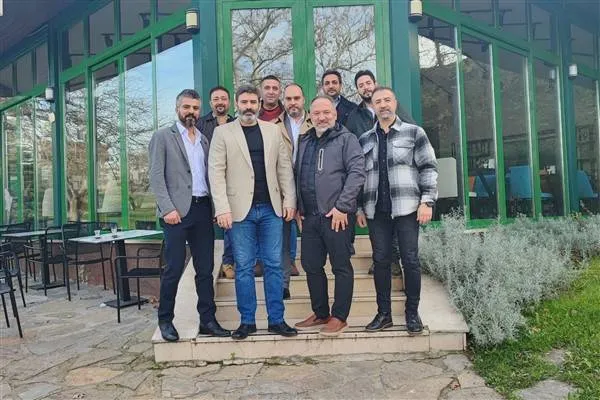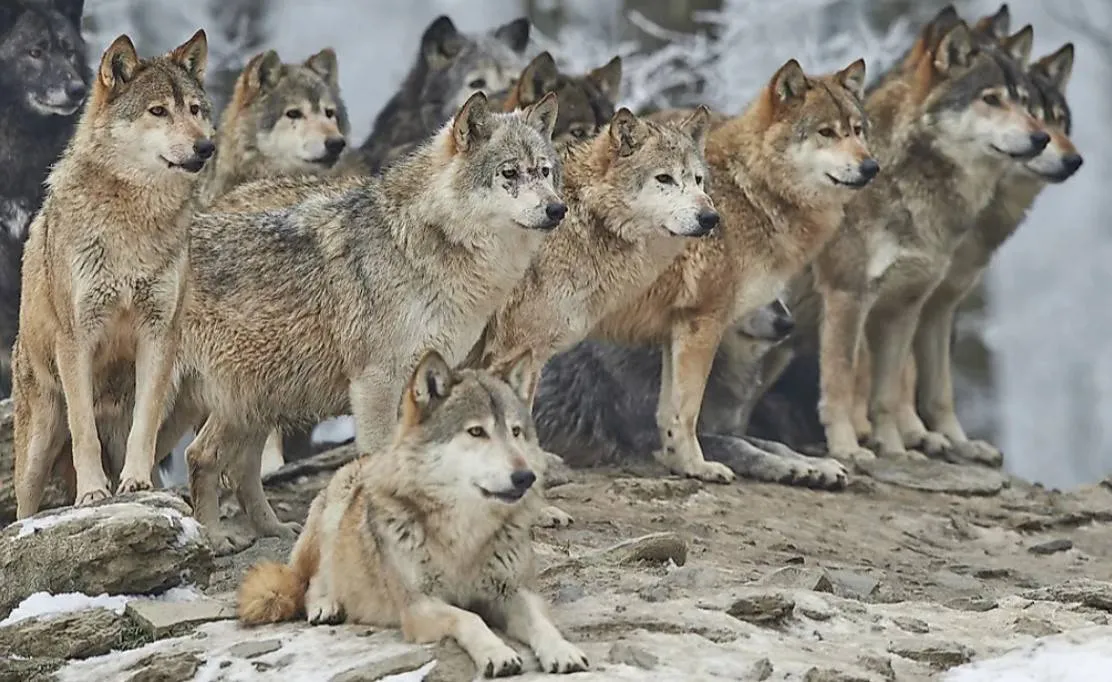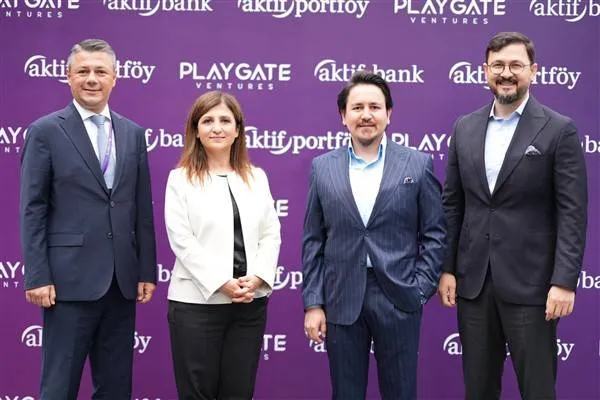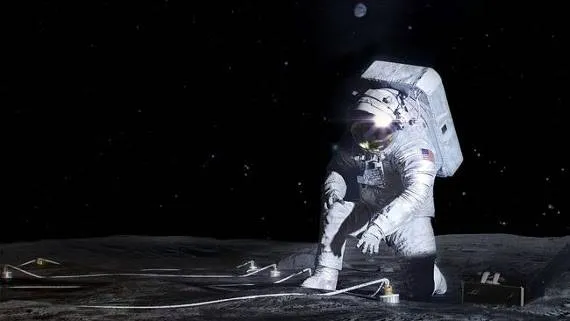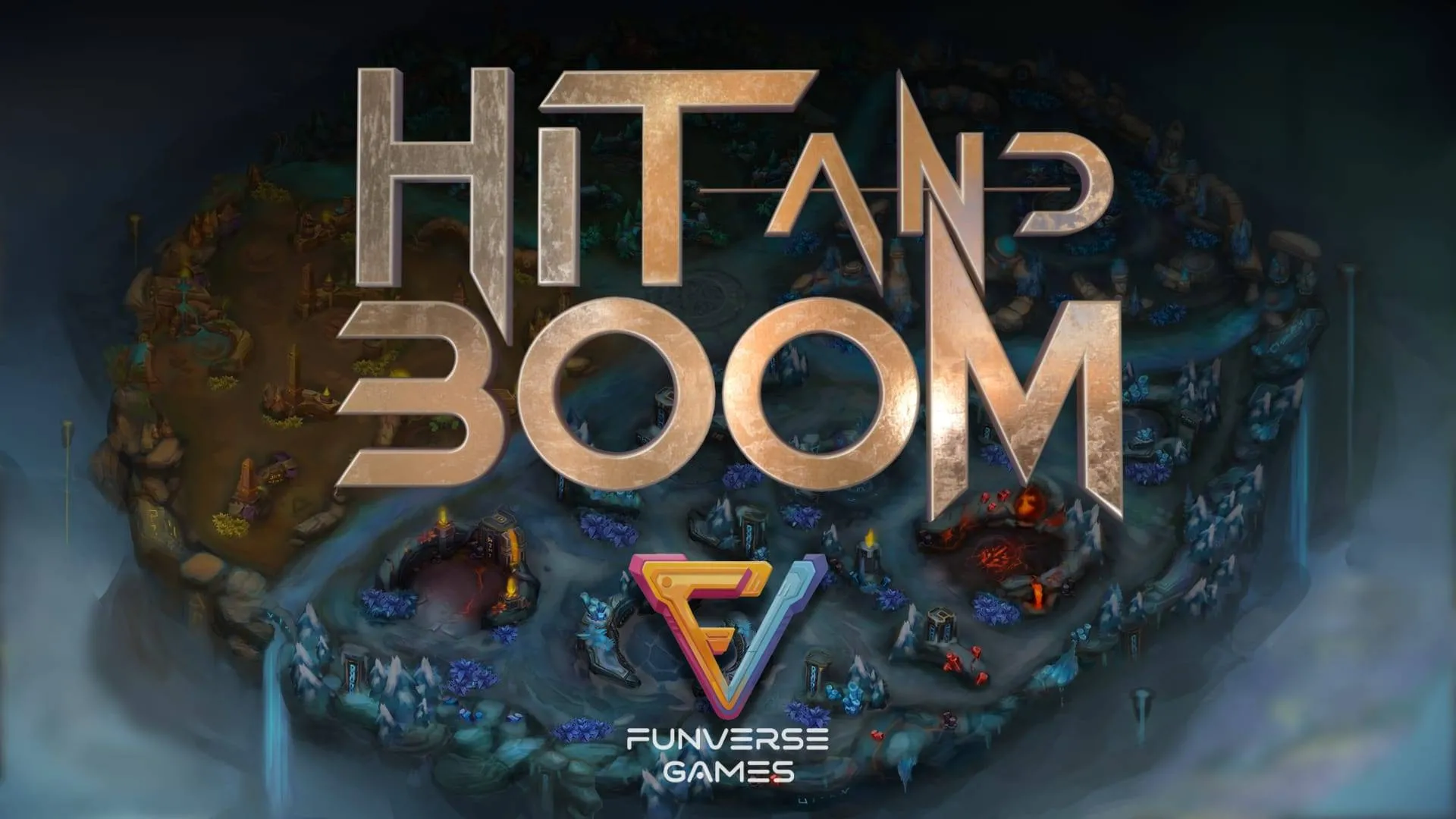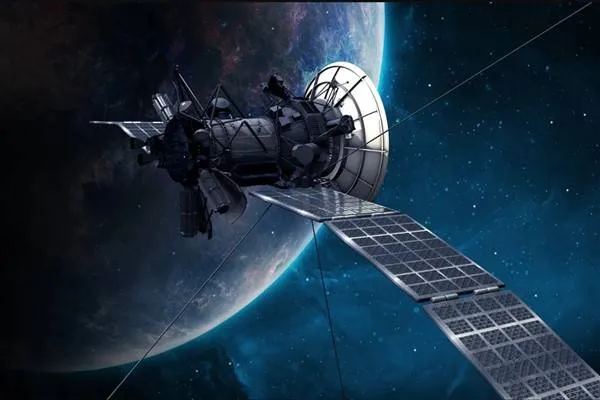Istanbul marks the 80th anniversary of the Chinese people’s victory in the War of Resistance
A commemoration titled “The 80th Anniversary of the Chinese People’s Victory in the War of Resistance and the Victory of the World Anti-Fascist War” was held in Istanbul on August 26, jointly organized by the Consulate-General of the People’s Republic of China in Istanbul and the Marmara Group Foundation.
The event was organized by the Chinese Consulate-General in Istanbul and the Marmara Group Foundation and took place on August 26 in Istanbul.
The program began at 3:30 p.m. at the historic Said Halim Pasha Mansion with a photo exhibition depicting the Japanese occupation. It was followed by a seminar attended by China’s Consul General in Istanbul, Wei Xiaodong, along with scholars, diplomats, and opinion leaders.
“Remembering the past is a guarantee of peace”
In his opening remarks, Consul General Wei underscored the Chinese people’s resistance against Japan and China’s role in World War II.
Wei focused on three themes: China’s historical role in the War of Resistance, its contribution to shaping the post-war international order, and the development of China–Turkey relations.
He noted that “as one of the earliest participants in the anti-fascist war and among those who resisted the longest, China shouldered the burden of the main Asian front with great sacrifice,” adding that during 14 years of resistance China suffered over 35 million casualties and economic losses exceeding 600 billion U.S. dollars.
“China as a founding force of the post-war order”
Wei emphasized China’s important role in the formation of the United Nations after World War II. At the San Francisco Conference, China advocated the principle of equality among all states, large and small. “Taiwan is an inalienable part of China—this is one of the cornerstones of the post-war international order,” he said.
He added that international documents—the Cairo Declaration, the Potsdam Declaration, and Japan’s Instrument of Surrender—clearly affirm China’s sovereignty over Taiwan. “Challenging the one-China principle is to challenge the legitimacy of the post-war international order,” he stated.
“Strategic cooperation with Turkey is deepening”
Wei devoted considerable attention to China–Turkey ties, noting that China is Turkey’s largest trading partner in Asia and its second-largest worldwide, with bilateral trade reaching 48.3 billion U.S. dollars in 2024.
He highlighted that a new Air Services MoU signed in May 2025 increased weekly flights to 98, while agreements related to the RMB–TRY swap mechanism were renewed in June. Integration of the Belt and Road Initiative with Turkey’s Middle Corridor strategy is proceeding rapidly.
“China is determined to elevate relations with Turkey and contribute together to world peace,” Wei said.
“China and Turkey are peoples who love peace”
Speaking to CGTN Türk after the event, Wei noted the day’s significance for Turkey: “Today is Turkey’s Victory Day—the day the War of Independence began.”
He stressed that both China and Turkey have paid heavy prices for peace throughout history and now share similar approaches on many international issues.
“We remember history to build a better common future. China and Turkey are nations that cherish peace. We must learn from history and build lasting peace,” he said, underscoring the importance of continued dialogue at the leadership level.
President Erdoğan’s visit to China
Wei also referred to President Recep Tayyip Erdoğan’s forthcoming visit to China for the SCO Leaders’ Summit:
“I believe that after the meeting between our leaders, a clearer roadmap for China–Turkey relations will be drawn, and a better shared future will be built.”
He concluded: “We may not be able to change history, but we can learn from it. Our aim is to build lasting peace on firmer foundations.”
Silent resistance: “From war to peace”
One highlight of the program was Prof. Dr. Nilüfer Narlı’s lecture, “From War to Peace: Women’s Contributions, Challenges, and Silences in World War II,” focusing on women’s invisible labor, their suffering, and their roles in peace processes.
Multinational participation
The seminar opened with a video message from Azerbaijan’s Sheikh-ul-Islam Allahshukur Pashazade. Opening speeches were delivered by Dr. Akkan Suver, President of the Marmara Group Foundation, and Prof. Dr. Sezgin Bilgiç.
Among the in-person speakers were Prof. Dr. Hasan Ünal, Prof. Dr. İlber Ortaylı, and Prof. Dr. Nilüfer Narlı.
Additional video messages came from former Iranian Ambassador to Vienna Ali Asghar Soltanieh, Egyptian scholar Dr. Ahmed Mustafa, and Austria’s former Foreign Minister and G.O.R.K.I. Think Tank President Karin Kneissl.
“Not forgetting history is the foundation of peace”
Participants emphasized the need for greater recognition of China’s historical role in the anti-fascist struggle, the preservation of historical memory, and the importance of building a peaceful future.
The event concluded with a commemorative cocktail.
Europe Asia News






